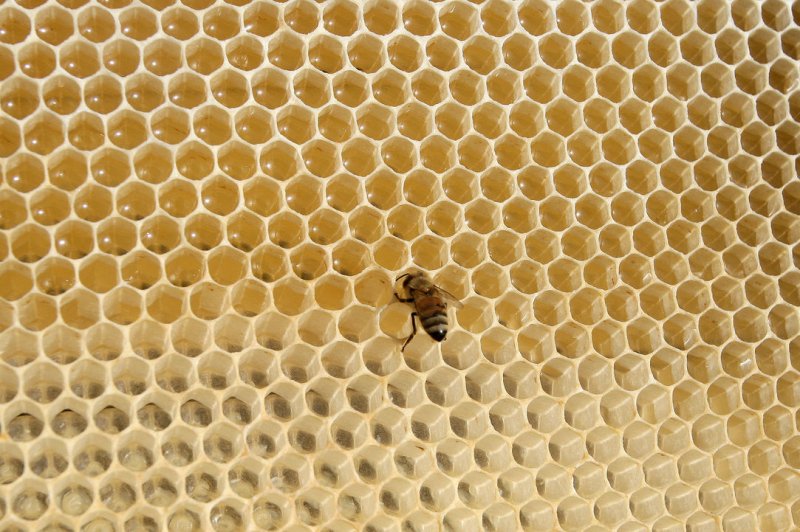PERTH, Australia, Aug. 2 (UPI) -- Scientists have identified an important immune response in the semen of male honey bees, a discovery that may help researchers better protect colonies against disease.
Honey bees face a barrage of threats from all angles: disease, pesticides, pollution, shrinking habitats. Recently, researchers at the University of Western Australia set out to explore the battle between bees and the fungal parasite Nosema apis. The fungal disease causes dysentery and can trigger colony collapse disorder.















